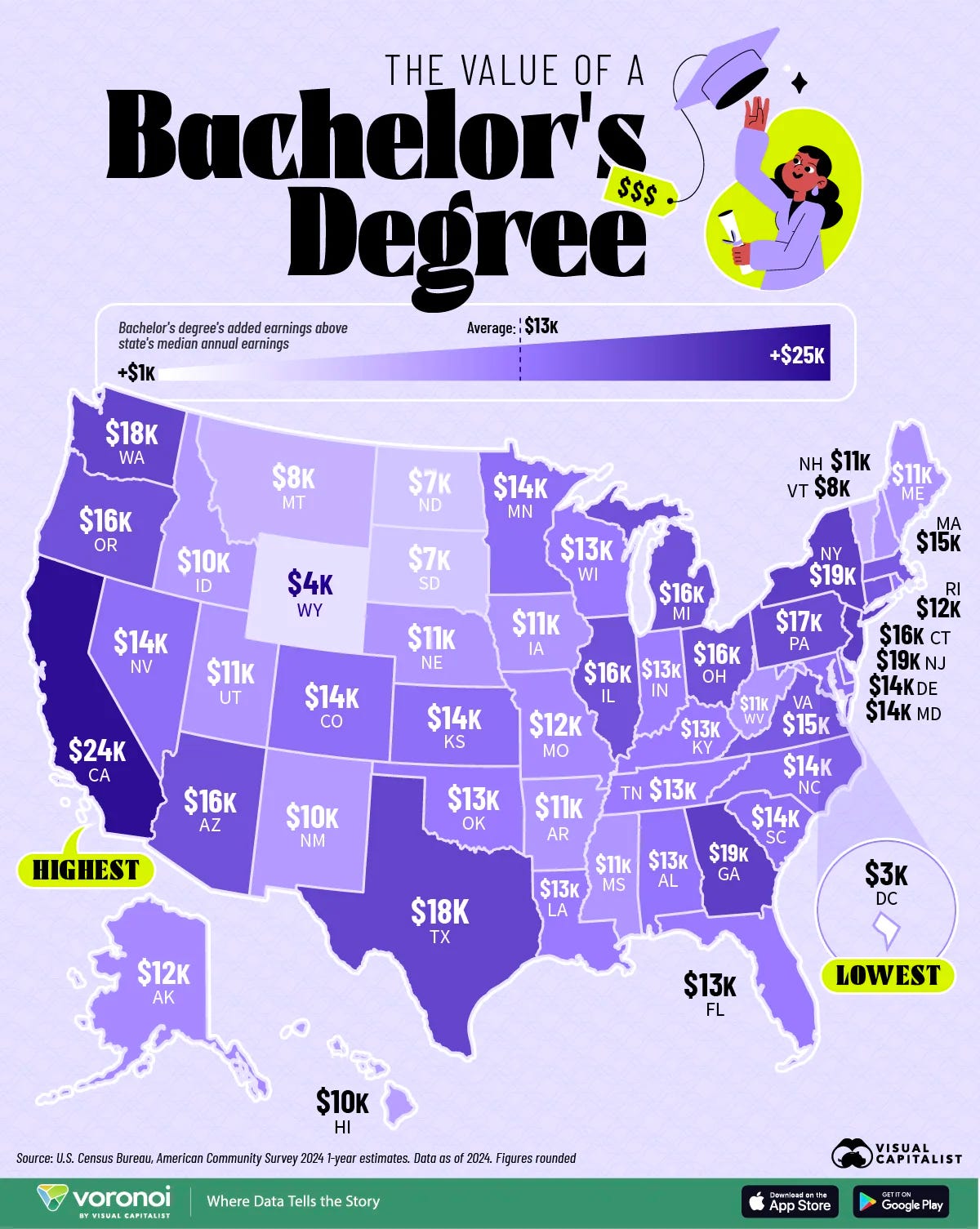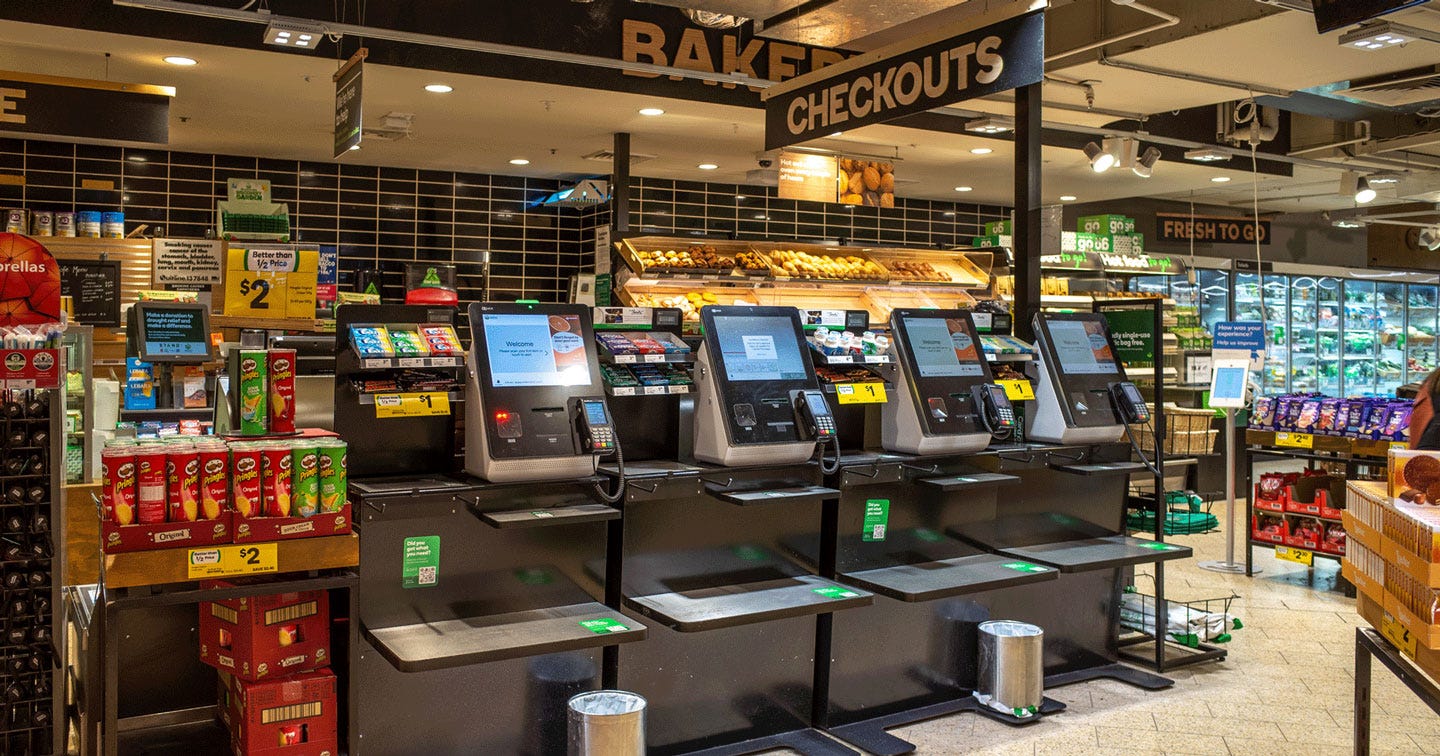Dehumanization Project
Reducing Everything to Rubble
As AI gears up, it is replacing jobs. The threat is not just to entry-level jobs, but also to management and other professionals. Now, the fear is AI may be destroying the career ladder (https://www.cnbc.com/2025/09/07/ai-entry-level-jobs-hiring-careers.html).
The impact is already taking place. What is pushing it is all the costs and expenses of human labor. The FICA tax, insurance, and minimum wage have an impact. In Nebraska, the minimum wage keeps going up. This brings what is called a “floor” rate up. However, no one asks about the ceiling rate, the top rate of a job.
The wage scale for the job above seems very clear, but it is highly deceptive. When considering payroll taxes, the wage is a dollar less for the employee, and a dollar more for the employer. The increase in the minimum wage, or any wage, leaves the employee less satisfied while causing the employer more distress about the expense.
But with the mandatory floor of the minimum wage, the amount of promotions becomes limited. When people hit the ceiling rate and want more, they have to leave. This is what fuels Nebraska’s brain drain. Part of this is because there has been an overemphasis in obtaining a college degree, instead of going into the trades. The value of a college education is not as valued as it once was while blue-collar trades have gained.
For the employer, they adopt technology like AI or with digital labor, move the work to a cheaper labor force. Employers may be slow to adapt while others charge ahead.
But what bothers me most is I have adopted to all the technology because I use to be introverted but now, with all this technology, I am actually experiencing a sense of loneliness and loss. This technology is oddly alienating to the very same degree it brings people in closer communication. I can go three days without talking to anyone: absolutely no one. Self-serve gas, self-check out stands, at home banking, and online grocery ordering all contribute.
Additionally, more people are talking about food scarcity or food insecurity. Yet, people think subsidies like SNAP are the answer. This is just false. The problem has to do with the nature of a grocery store. The store functions on a very marginal profit if any at all, but with minimum wage and property taxes, they have many expenses, forcing the price of grocery items higher.
A decade ago, you knew you were in a grocery store when you went to check-out, especially if you had alcohol. Suddenly, the cashier had to call for supervisor to check the item. At the same time, the person bagging your grocery was a teenager who would help you by taking your cart of stuff out to the car. Did I make a mistake in not tipping such service? Now, such experience never happens.
Machines do the work, but if those machines fail, the business has difficulty in calling in employees to fill in the gap. Yet, on a regular daily basis, these self-check out stands make it possible for the store to stay open. Yet theft is a problem (https://capitaloneshopping.com/research/self-checkout-statistics/). Perhaps such stores should place up an image of the Ten Commandments with emphasis on the “Thou shalt not steal” commandment.
To end the food security problem in the most simplistic ways, minimum wage should not apply to grocery stores, and where such stores sell mostly food, they should have some form of reduction in property taxes. But if people were more contemplative, they would realize there are some services not worth $15 an hour and how obsolete the idea of minimum wage is. They should realize minimum wage does not do what people think it does. Minimum wage should be abolished and property taxes either need to be eliminated, or drastically reduced.






The minimum wage is nothing more than an unemployment creator. Some people simply are not worth the higher wage; hence, employers will automate or find another way or automate.